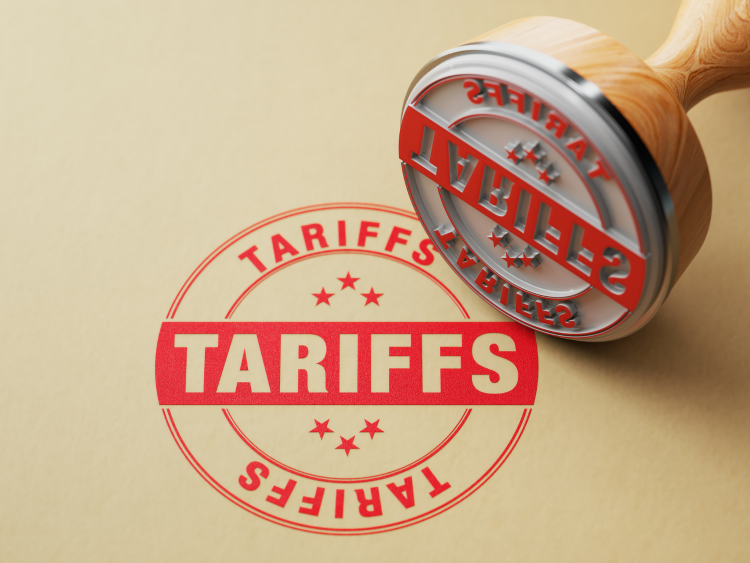Government/Policy

November 27, 2024
Steel trade groups, Mexico respond to Trump tariff talk
Written by Ethan Bernard
American and Canadian steel trade groups have responded to President-elect Trump’s threat to impose 25% tariffs on all US imports from Canada and Mexico and a 10% tariff on imports from China.
Meanwhile, the new president of Mexico has threatened retaliatory tariffs in reaction to the President-elect’s statement.
SMA responds
Philip K. Bell, president of the Steel Manufacturers Association (SMA), said the group favors strong tariffs on unfairly traded steel products to level the playing field for US steelmakers.
“The domestic steel industry faces significant threats from highly subsidized, high-emissions steel products dumped in the US by China and other nonmarket economies,” Bell said in a statement to SMU.
“Tariffs will also help quell the ongoing surge in steel imports from Mexico and Canada. Some of that steel originates in foreign countries and gets routed through our USMCA partners to evade US trade laws, duties, and restrictions,” he added.
Bell noted that President-elect Trump has strongly supported the domestic steel industry using tariffs.
“We hope his announcement will bring parties to the table to find reasonable solutions to systemic trade issues and stop the market-distorting behaviors at the root of these problems,” Bell continued.
CSPA calls for action
Catherine Cobden, president and CEO of the Canadian Steel Producers Association (CSPA), looked at Trump’s announcement as a call to action.
“We acknowledge the statement by the President-elect, and we believe it is ultimately a signal for urgent action and dialogue between our countries on a range of important issues,” Cobden said in a statement.
“Our sector does not believe this is a reflection of our trading relationship; one that is founded on the principles of the USMCA, signed into force by both the current Canadian Prime Minister and the President-elect during his first term,” she added.
Cobden noted Canada and the US enjoy a “strong two-way trade relationship of steel,” with 40% of steel imports into Canada coming from the US and 20% of US imports coming from Canada.
“Imposing tariffs on Canadian steel will have tremendous impact across many sectors such as auto, energy, and construction, making everything more expensive to the American and Canadian consumer,” Cobden said.
She urged the Canadian government “to engage the incoming US administration and present a holistic case that an aligned North American approach will only strengthen our economic security in the face of serious threats around the world.”
Mexico hits back
On Tuesday, Mexican President Claudia Sheinbaum said the country could apply tariffs of its own as a retaliatory measure to President-elect Trump’s words, according to an AP article.
“One tariff would be followed by another in response, and so on until we put at risk common businesses,” Sheinbaum said in the article, in reference to US automakers with plants in both the US and Mexico.







